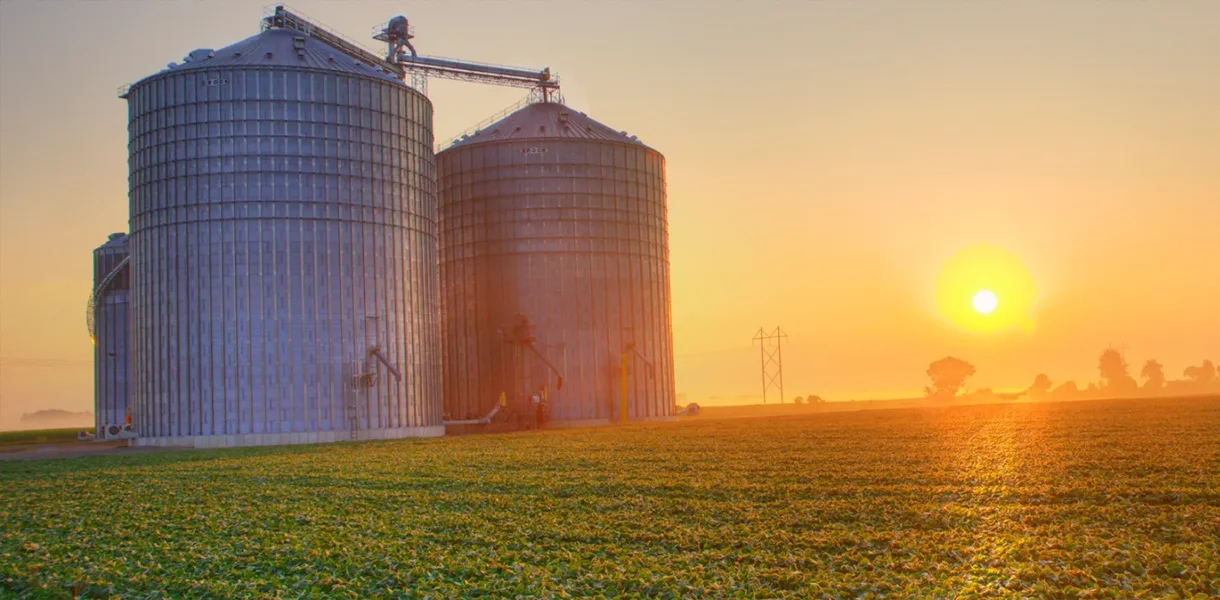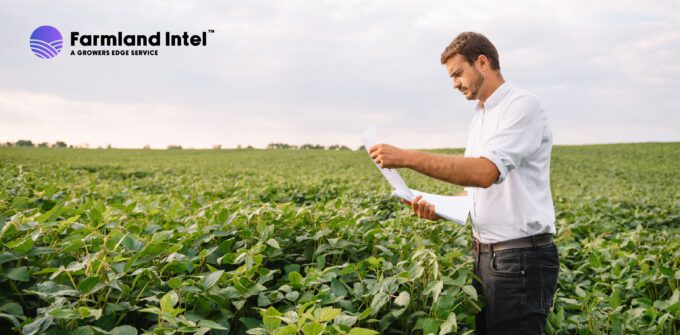Buying farmland opens the door to endless possibilities. From growing your crops to creating a lasting investment, farmland ownership offers both personal fulfillment and financial opportunity. This guide to farmland investing walks you through the essential steps to make your farm purchase successful.
What to Know Before Buying a Farm
The first step in buying a farm is understanding exactly what you need. A small organic vegetable farm requires different features than a large-scale grain operation. Research local farms similar to what you envision and learn from their experiences.
The success of your farmland investment depends heavily on local zoning laws and land use regulations. Some areas restrict certain types of farming or limit building construction. A quick visit to your local planning office can save you from costly mistakes down the road.
Key Infrastructure and Soil Requirements
Soil is the foundation of your farm’s success. A thorough soil test reveals nutrient levels, pH balance, and potential contaminants. This small investment provides crucial information about what you can grow and what improvements you’ll need.
Every productive farm needs these five basic elements:
- A reliable water source through wells, rivers, or municipal access
- Power infrastructure to support your planned operations
- Storage buildings to protect equipment and harvest
- Proper fencing to secure your property and livestock
- Good road access to move supplies in and products out
How to Buy Farmland
Start your farmland investment search by setting a realistic budget. Remember to account for both purchase price and improvement costs. Many aspiring farmers underestimate the total investment needed to start operations.
To find a profitable farmland investment:
- Contact local real estate agents who specialize in farm sales
- Browse online land listing platforms
- Network with agricultural extension offices
- Join local farming associations
Before making an offer, check for clear title ownership and research any existing easements. Walk the entire property and look for signs of drainage issues, erosion, or environmental problems. These factors significantly impact a farm’s long-term value.
Why Should You Invest in Farmland?
Farmland Investments Offer Several Compelling Advantages:
- Historical average returns of 11.5% annually since 1991
- Steady rental income opportunities from tenant farmers
- Strong performance during economic downturns
- Tax benefits through agricultural exemptions
- Growing global food demand supports long-term value
Farmland investment combines the satisfaction of land ownership with the potential for steady returns. Many owners enjoy improving their land while building long-term wealth through appreciation and rental income.
Ready to Make a Smart Farmland Investment?
Begin by connecting with local agricultural experts and lenders. Their insights will help you find and evaluate properties that match your goals and budget. With careful planning and the right support, your farm purchase can become a rewarding investment in your future.



